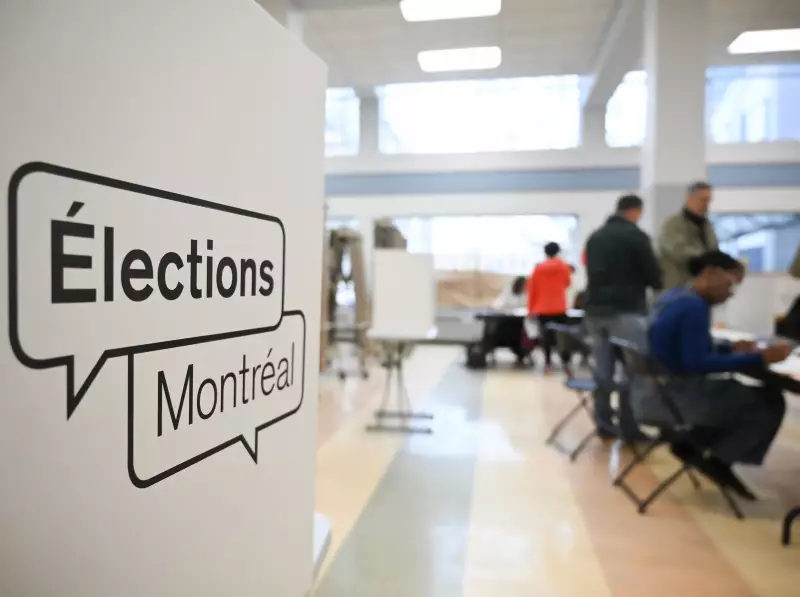
Montreal's democratic pulse weakened significantly during the 2025 municipal election, with new data revealing a continued downward spiral in voter participation that has reached near-historic lows.
A Troubling Trend Continues
The latest election results show Montreal's voter turnout dropped for the second consecutive election cycle, settling at the third lowest participation rate the city has witnessed since 1986. This persistent decline raises serious questions about the health of local democracy in Canada's second-largest metropolitan area.
By the Numbers: The Steady Decline
Election officials confirmed the disappointing figures, noting that the 2025 turnout fell below previous benchmarks despite various get-out-the-vote initiatives. The data paints a clear picture of growing civic disengagement among Montreal residents, with participation rates sinking to levels not seen in decades.
The declining trend represents more than just statistics—it signals a potential crisis in municipal governance. When fewer citizens exercise their democratic rights, elected officials may lack the broad mandate needed to implement significant policy changes and address pressing urban challenges.
Comparative Context
When placed alongside turnout rates from other major Canadian cities, Montreal's numbers appear particularly concerning. The city now finds itself grappling with voter participation levels that contrast sharply with more engaged municipalities elsewhere in the country.
Political analysts point to several potential factors driving this disengagement:
- Perceived lack of meaningful choice among candidates
- Growing skepticism about local government's ability to effect change
- Increasing complexity of urban issues leaving voters feeling overwhelmed
- Demographic shifts changing traditional voting patterns
Looking Forward: The Implications
The consistently low turnout raises fundamental questions about representation and legitimacy in Montreal's political landscape. As the city faces critical decisions on infrastructure, housing, transportation, and environmental policy, the voice of an increasingly small segment of the population will shape Montreal's future direction.
This democratic deficit could have long-term consequences for how effectively city government can address the needs and concerns of all Montreal residents, not just those who continue to participate in the electoral process.





